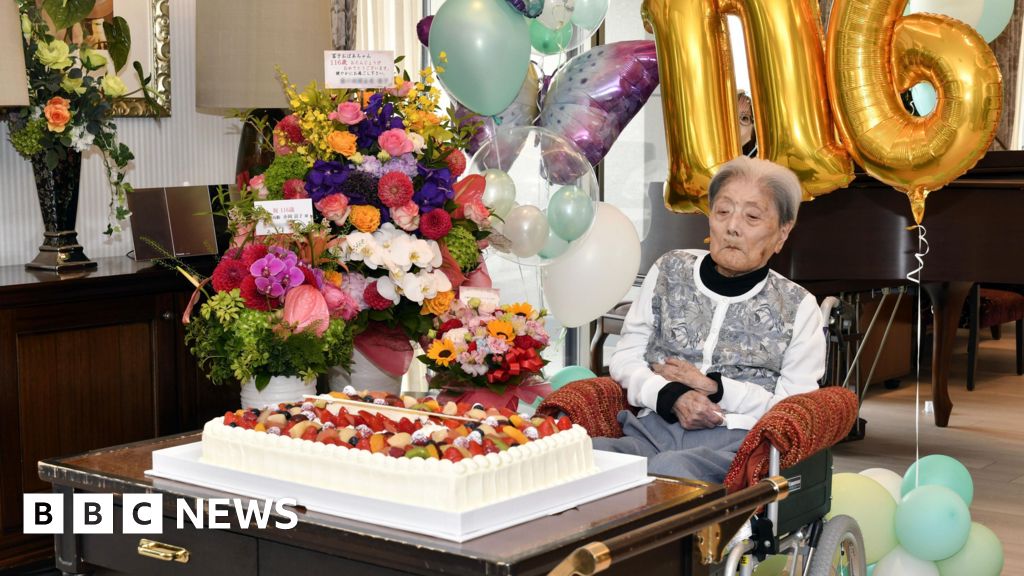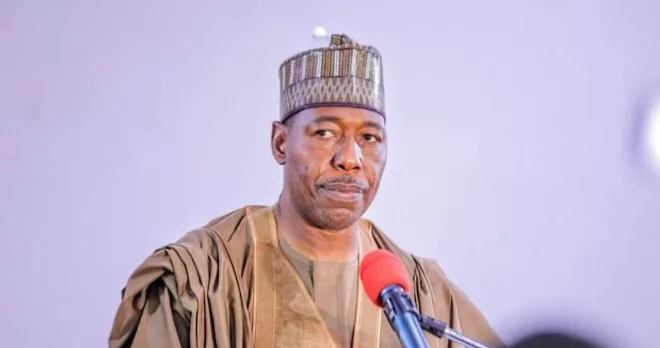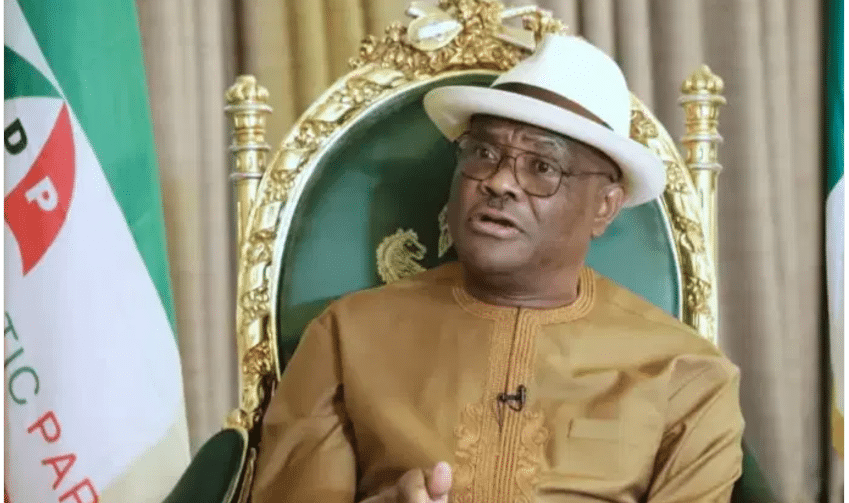The Chairman of the Presidential Committee on Fiscal Policy and Tax Reforms, Taiwo Oyedele, has maintained that over 90 per cent of workers in the public and private sectors would be paying lower taxes if the tax reforms go through.
Oyedele said this on Monday on his X handle, which he uses to educate the citizenry about the implications of the reforms.
In October 2024, President Bola Tinubu introduced four Tax Reform Bills to the National Assembly to overhaul Nigeria’s tax system. The Bills—the Nigeria Tax Bill 2024, the Tax Administration Bill, the Nigeria Revenue Service Establishment Bill, and the Joint Revenue Board Establishment Bill—were to consolidate existing tax laws, streamline tax administration, and enhance revenue generation.
Highlighting how the reforms would affect personal income tax, Oyedele said, “Individuals earning about N1.7m or less per month will pay lower PAYE tax under the Bills while those earning the new minimum wage and slightly more will be fully exempted. These thresholds will result in over 90 per cent of workers in the public and private sectors paying lower taxes while high-income earners will pay slightly more in a progressive manner, up to 25 per cent for the ultra-high net worth individuals.”
Reiterating that workers earning the new minimum wage would be exempted, the tax reform committee boss said, “Besides the N800k p.a. which is exempt from tax, there is a rent relief of up to N200k p.a. which together will exempt individuals earning up to N1m per annum (about N83k per month). This is particularly beneficial to low-income earners. Also, the new tax bands and rates have been designed to avoid a situation where individuals earning slightly more than the exemption threshold are taxed to an extent that makes them worse off than a person whose income is within the exemption threshold. For example, a person earning N30k per month is exempt from tax, while a person earning N30,001 per month will pay about N500, leaving the latter with a net of N29,500, which is N500 worse than the person earning N30,000. Under the Tax Bills, this problem has been addressed as everyone will be eligible for the first tax-free bracket.”
Oyedele added that the current tax table of personal income brackets and rates introduced in 2011 had not been reviewed, which has resulted in ‘fiscal drag’ where many low-income earners have been pushed to the top tax bracket over time.
“This means that an individual earning just N400k a month is paying the same top marginal income tax rate as a wealthy individual earning, say, N20m per month. Therefore, the tax table has become regressive rather than progressive as it was originally designed. Also, the current personal income tax regime does not encourage formalisation, given that the effective top tax rate on companies is nearly double that of enterprises, which also encourages arbitrage in some cases between the two income tax regimes. Hence, the proposed changes seek to address these issues and simplify the system by incorporating current reliefs and allowances into the bands and rates to achieve an overall lower effective tax rate for the majority of workers,” he stated.
Some of the key provisions of the tax reform bills include increasing the Value Added Tax rate from 7.5 per cent to 10 per cent by 2025, with further increments planned, and imposing a 5 per cent excise duty on telecommunications services.
The Bills have been met with strong opposition, but President Bola Tinubu has insisted that the tax reforms have come to stay, ruling out the possibility of withdrawing them from the National Assembly as it has demanded by some stakeholders.

 5 days ago
1
5 days ago
1















 English (US) ·
English (US) ·